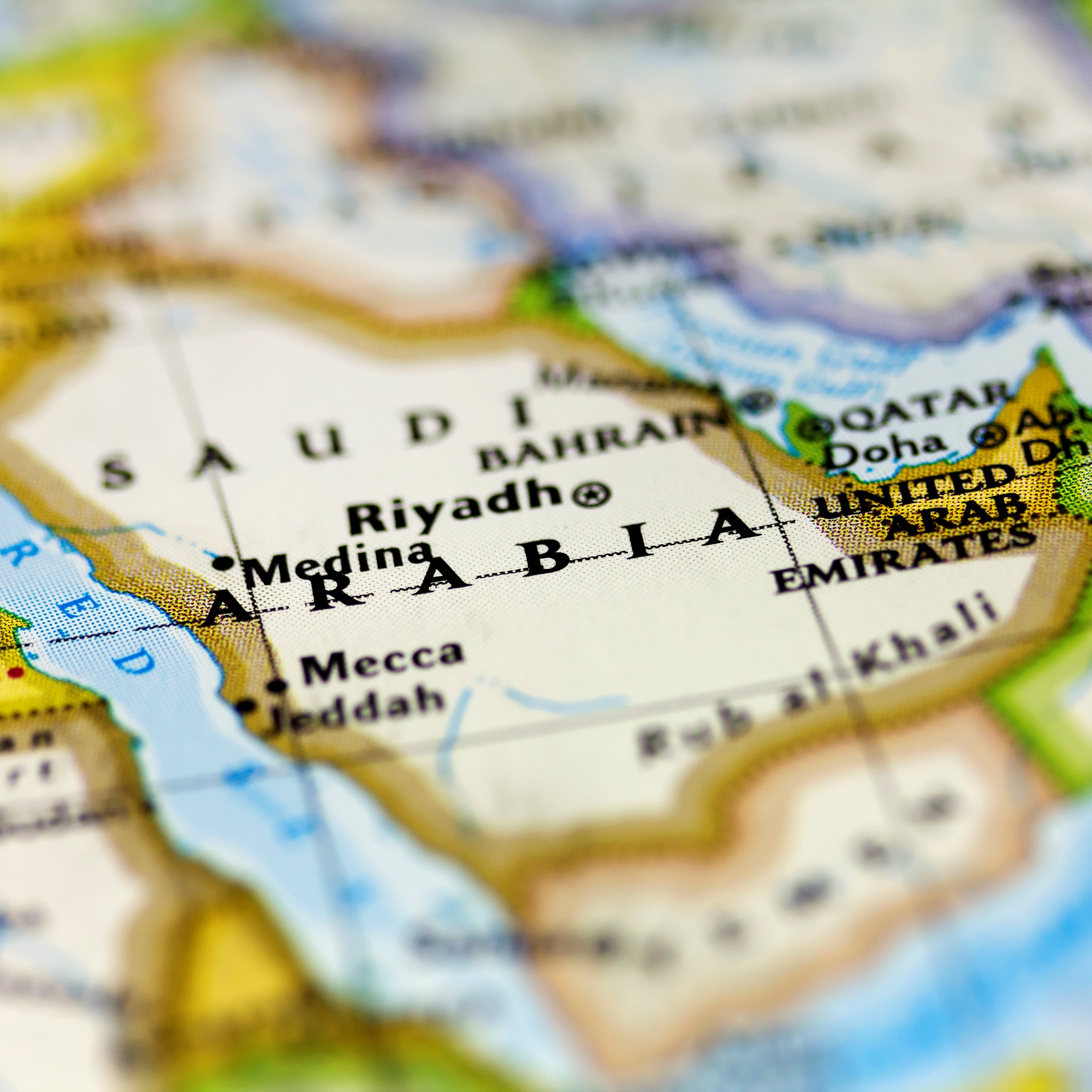
The Kingdom of Saudi Arabia is reportedly considering using IOUs to pay vendors with the goal of conserving cash. Payments would include some cash and some bond-like paper (commonly called an IOU because that’s what it is) that a payee could hold until maturity or sell to a bank.
The report from Bloomberg News also noted that the Saudis are slow-walking payments to contractors and other suppliers in addition to cashing in foreign reserves and borrowing from local and international banks as the government tries to cope with low crude oil prices. The International Monetary Fund (IMF) estimates that the Saudis will post a budget deficit of around 13.5% this year, or about $32 billion.
The Saudis have done this before, in the mid-1990s, when the government issued non-interest bearing notes to farmers who had not been paid for five years. Banks were willing to buy the government notes at a discount of 1% over the equivalent treasury bill rate.
This time, some observers believe that government will have trouble selling the idea unless the notes include a floating interest rate.
Whether or not the Kingdom’s struggles to raise cash will result in a speeded-up initial public offering of Saudi Aramco stock remains to be seen. Several weeks ago the Saudis threatened to sell the $750 billion stash of U.S. bonds that it holds if the U.S. Congress passes legislation empowering U.S. citizens to sue the Saudis for damages related to the September 11, 2001, attacks on the World Trade Center and the Pentagon. That may be an empty threat because it would almost certainly cost the Saudis more in financial losses on the bonds than the government may ultimately end up paying in settlements.
100 Million Americans Are Missing This Crucial Retirement Tool
The thought of burdening your family with a financial disaster is most Americans’ nightmare. However, recent studies show that over 100 million Americans still don’t have proper life insurance in the event they pass away.
Life insurance can bring peace of mind – ensuring your loved ones are safeguarded against unforeseen expenses and debts. With premiums often lower than expected and a variety of plans tailored to different life stages and health conditions, securing a policy is more accessible than ever.
A quick, no-obligation quote can provide valuable insight into what’s available and what might best suit your family’s needs. Life insurance is a simple step you can take today to help secure peace of mind for your loved ones tomorrow.
Click here to learn how to get a quote in just a few minutes.
Thank you for reading! Have some feedback for us?
Contact the 24/7 Wall St. editorial team.



